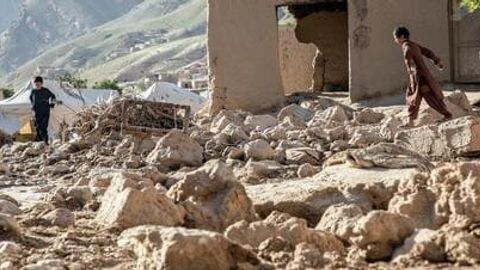U.S. imposes visa restrictions on Uzbek nationals linked to illegal immigration networks
17:32 / 20.02.2026
Uzbekistan, China plan 500 high-tech pediatric heart surgeries in 2026
16:40 / 20.02.2026
Uzbekistan launches technical regulation reform with national conformity mark
15:00 / 20.02.2026
Kazakhstan among first five states to deploy troops to Gaza under ISF
14:00 / 20.02.2026
Uzbekistan to upgrade 4,000 km of highways to international-standard autobahns
13:00 / 20.02.2026
Recommendations
Menu
Good news:
Tags
Grow your business with us
Advertise on Daryo.uzIndividual approach and exclusive materials
Ad-free site readingSubscribe
25 000 sum per month






Comments
To leave a comment, first